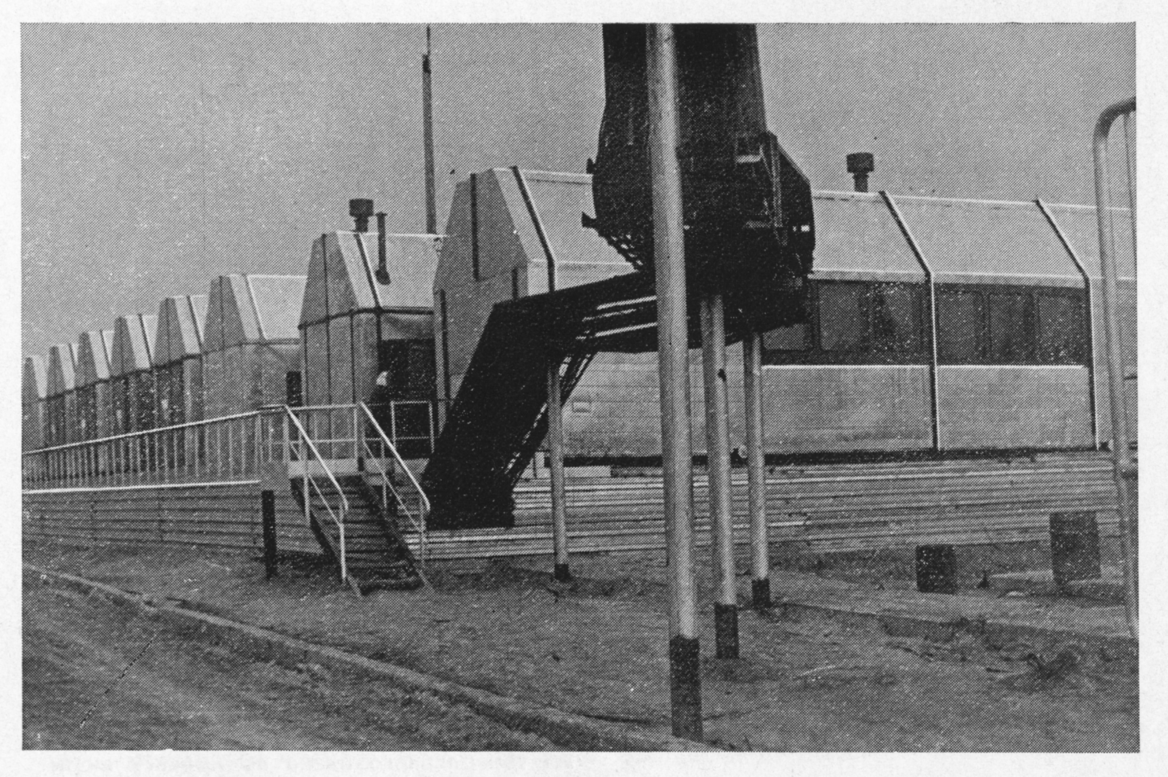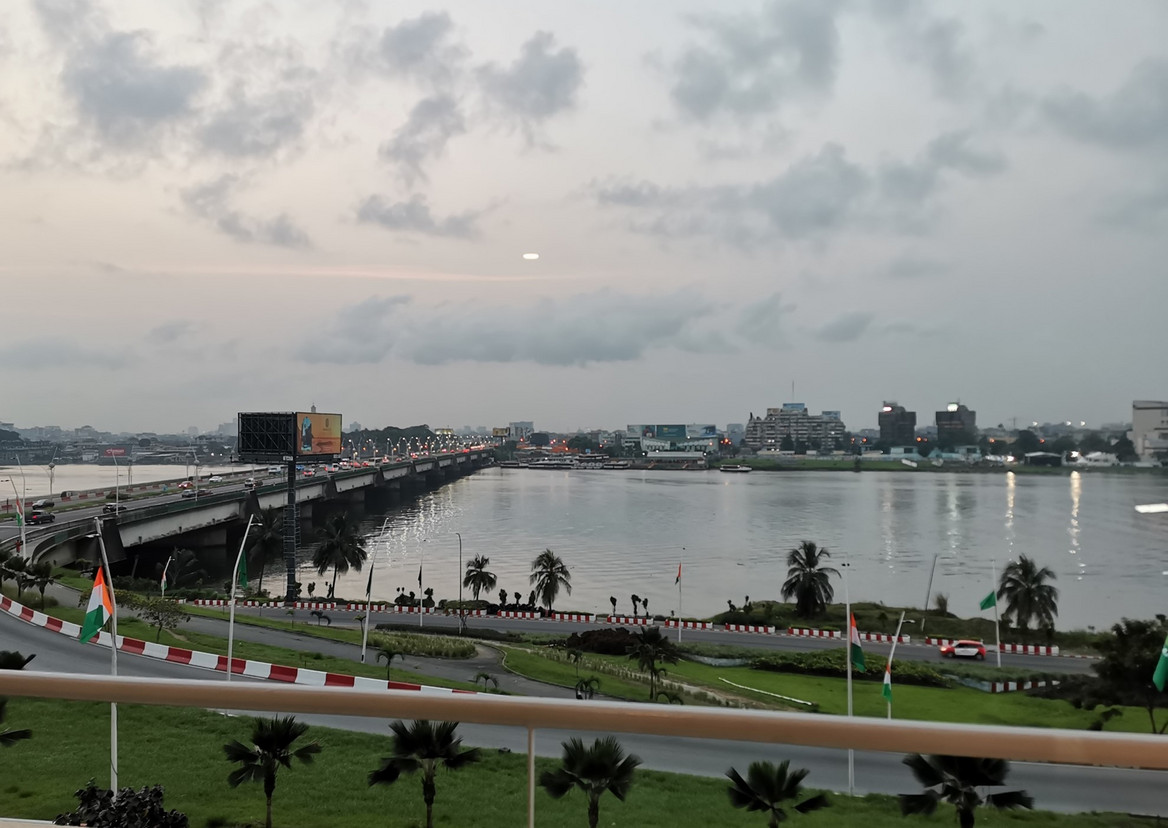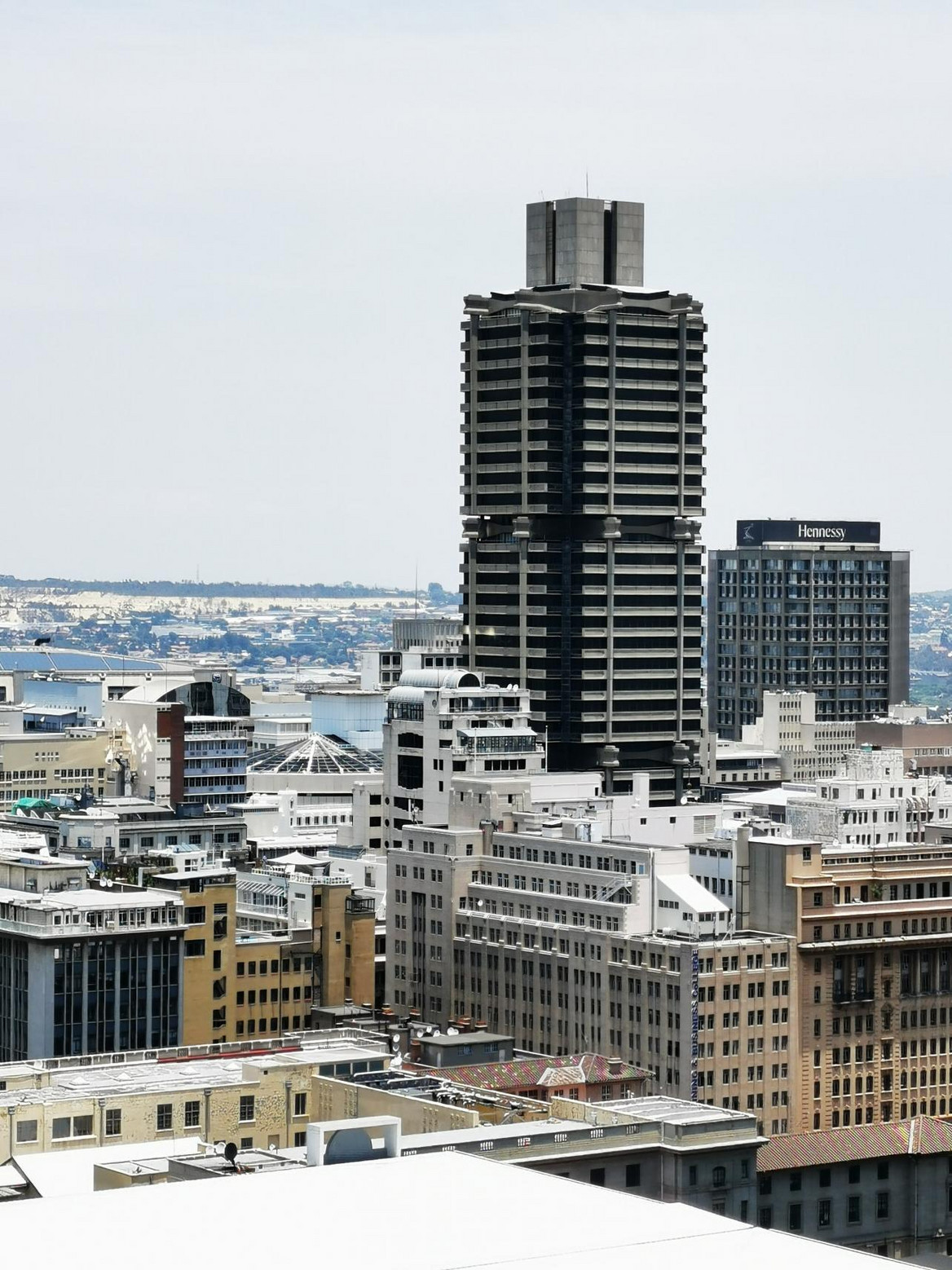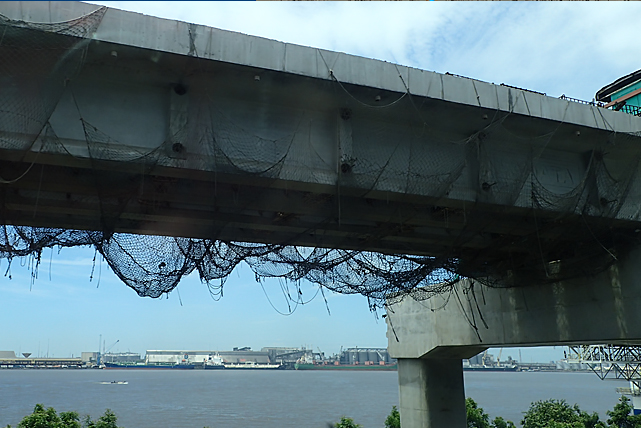Hauptinhalt
Geschichte der gebauten Umwelt
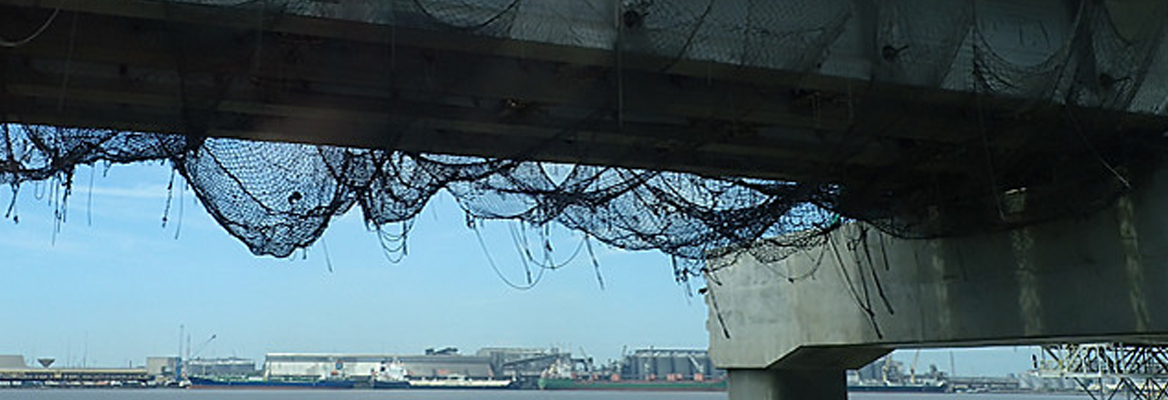
Geschichte der gebauten Umwelt
Die Forschungsgruppe geht aus dem von der VolkswagenStiftung geförderten Freigeist-Projekt „Conquering (with) Concrete. German Construction Companies as Global Players in Local Contexts“ (2020 bis 2024) hervor. Sie untersucht in einer globalen Perspektive die Geschichte der gebauten Umwelt im 19. und 20. Jahrhundert. Sie bezieht dabei die Herstellung von Baumaterialien, den Bau von Gebäuden sowie Aneignung, Instandhaltung, Umbau und Verfall von Bauwerken und Ensembles in ihre Analysen ein. Räumlich stehen Orte im „Globalen Süden“ im Fokus. Diese werden mit Blick auf ihre Position in regionalen und transnationalen Austauschbeziehungen betrachtet, etwa in der Zirkulation von Bau- und Architekturwissen sowie in Wertschöpfungsketten der Bauwirtschaft. Die Forschungsgruppe arbeitet interdisziplinär an der Schnittstelle von Architektur- und Stadtgeschichte, Wirtschaftsgeographie und Sozialanthropologie. Sie möchte Methoden der Digital Humanities aufgreifen (z.B. Deep Mapping, Netzwerkanalyse), etablierte disziplinäre Interpretationsmuster hinterfragen und sich kritisch mit der Praxis des Archivierens auseinandersetzen. Dazu steht sie im Austausch mit den Wissenschaftlichen Sammlungen des IRS.


